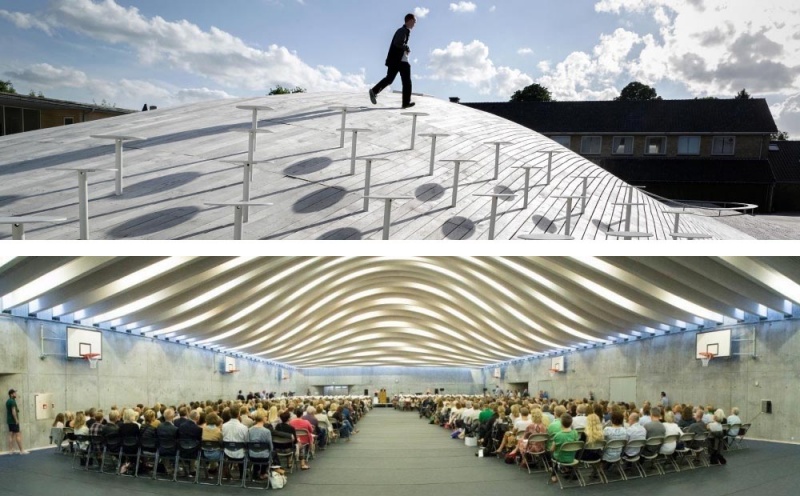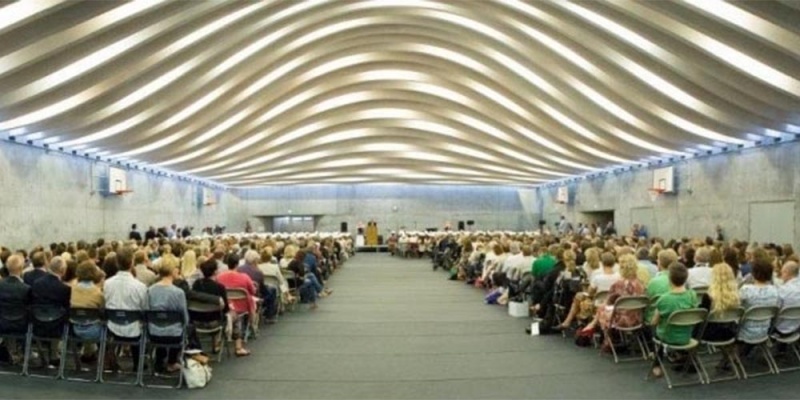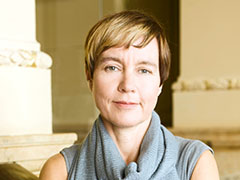"The creation of indoor spaces for people to gather and the role of nature as an important part of shared space are two northern tendencies that respond to the opportunities that arise and the challenges we face today".
The Museum of Finnish Architecture (MFA) has been involved in the European Prize for Urban Public Space since 2006, a welcome opportunity to reflect on the spatial urban context of architecture beyond buildings and structures alone. In turn, the "Europe City" program has allowed us to deepen our understanding of what is unique about the northern experience and how it contributes to the rich cultural heritage that forms the basis of a shared European identity.This specificity can be seen in two predominant aspects of our public spaces. First, the climate, with its relatively long, dark, cold winters, makes it necessary to create indoor spaces for people to gather together. Public buildings such as schools and libraries, as well as churches —regardless of a person’s religious affiliation— are open to all and are designed to include communal spaces that offer places where the local communities may hold meetings and events. These buildings serve as platforms for a variety of activities initiated by the citizens, thereby facilitating the exchange of ideas through collaboration and working and enjoying life together.
The second characteristic peculiar to the northern experience is how nature constitutes an important part of shared space, even in the urban context. Finland is a case in point. Its abundant shoreline areas and the archipelago that extends along the coasts of the major cities are now accessible thanks to the creation of bicycle paths, ferry connections and the opening up of areas that were formerly the property of the military or industry.
Both of these tendencies —providing schools, libraries and churches as places where people can come together on the common ground of a shared space, as well as the appreciation of natural spaces as something to be made accessible to all— have deep roots in the cultural tradition of Finland. They are also expressions of a readiness to innovatively adjust to the needs of the people in a specific cultural and geographic context, and at the same time to respond to the opportunities that arise and the challenges we face today.
Juulia Kauste





